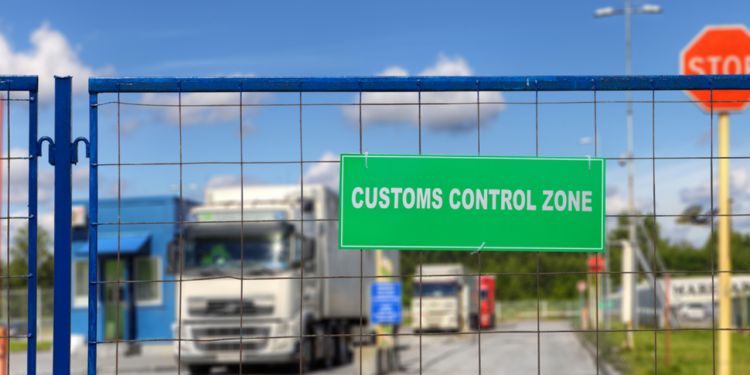Customs formalities in Australia

Australia is a country that takes biosecurity and safety very seriously. In order to protect Australia's agriculture and unique wildlife from pests and diseases, there are many restrictions on what you can import. When you arrive in Australia, you will be required to fill out the Incoming Passenger Card, on which you will indicate the items you are importing into the country. It is important to answer the questions honestly and accurately.
What is allowed and what is not allowed to be imported into Australia
When traveling or moving to Australia, the list of products allowed to be imported is relatively short. Some food products imported into Australia, even small quantities of ingredients for cooking, must be declared. Some food, animal products and plant materials must be declared: dairy and egg products, plant material, also outdoor, camping and sports equipment. Some products require an import permit, such as foods, treats and pets made from, or containing, materials of animal or plant origin.
Upon arrival, a biosecurity officer will check the items and request more information from the owners. If the goods are low risk, they will be returned. However, if they are high risk, you have three options: pay for them to be processed, send them back to the country of origin, or send them for destruction.
Fresh fruit such as apples, tangerines and oranges, homemade food (cakes, etc.) are not allowed to be imported into Australia. This list includes meals and other snacks distributed on board ships and aircraft.
Important:
A biosecurity officer may inspect your luggage, even if you do not declare any goods. You must declare or dispose of any goods that pose a biosecurity risk prior to the inspection. If you provide false or misleading information to a Biosafety Officer or on your Incoming Passenger Card, or if you fail to answer questions about the goods, you may be fined (up to $2,664), subject to civil action and/or prosecuted for a criminal offense.
If convicted, you can face a maximum penalty of A$1.1 million and/or be imprisoned for up to 10 years.
Duty-free items
Duty-free items such as alcohol, tobacco and general goods must also be declared and limited in quantity. Miscellaneous items are limited to $900 for adults, $450 for children, 2.25 liters of alcohol and 25 cigarettes or 25 grams of tobacco. If you are traveling as a family, you can combine these quantities if you stay together at customs. For example, a family of two adults and one of their children under the age of 18 may import $2,700 worth of duty-free goods.
When in doubt, always declare. Penalties may apply if goods are not declared. If you exceed this amount, you will have to pay for the excess, as well as customs duties. You can also bring in personal medications, but again, under certain conditions and declare them.
In Australia, steroids are strictly forbidden, but hormones, kava and sedatives must be declared. Weapons are mostly prohibited, with the exception of fixed single-edged blades (such as kitchen knives, hunting or fishing knives), pocket knives or Swiss Army knives, which must be declared.
Important:
Airlines also limit the amount of items allowed in travelers' luggage.
For Australia, the limits are:
Liquids, aerosols and/or gels in containers - maximum 100 ml each.
Inorganic powders - less than 350 milliliters or 350 grams per person
Useful Link:
For a complete list check here: Can you bring it in?
For more details visit the Department of Agriculture, Water and the Enviroment: here









